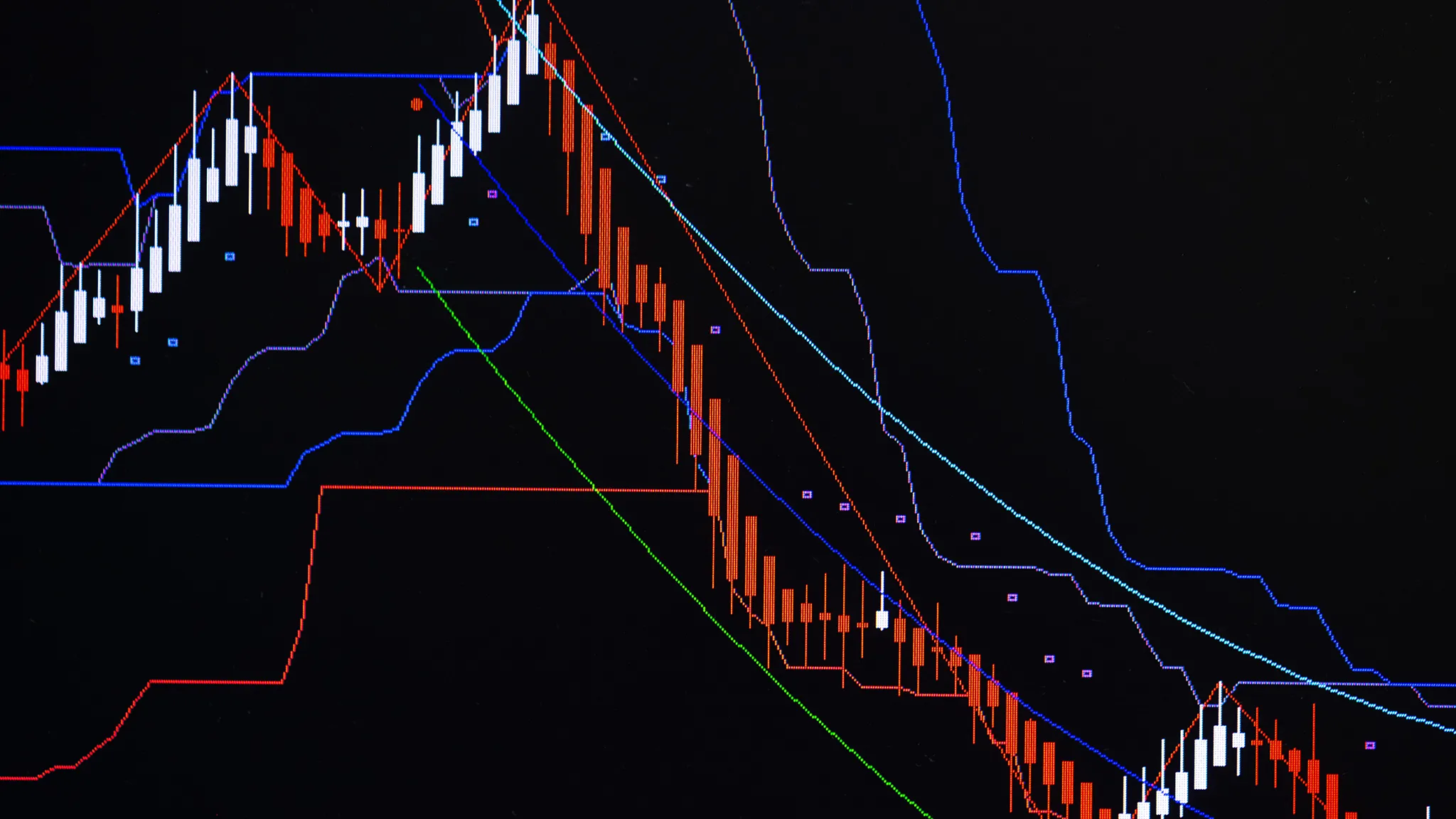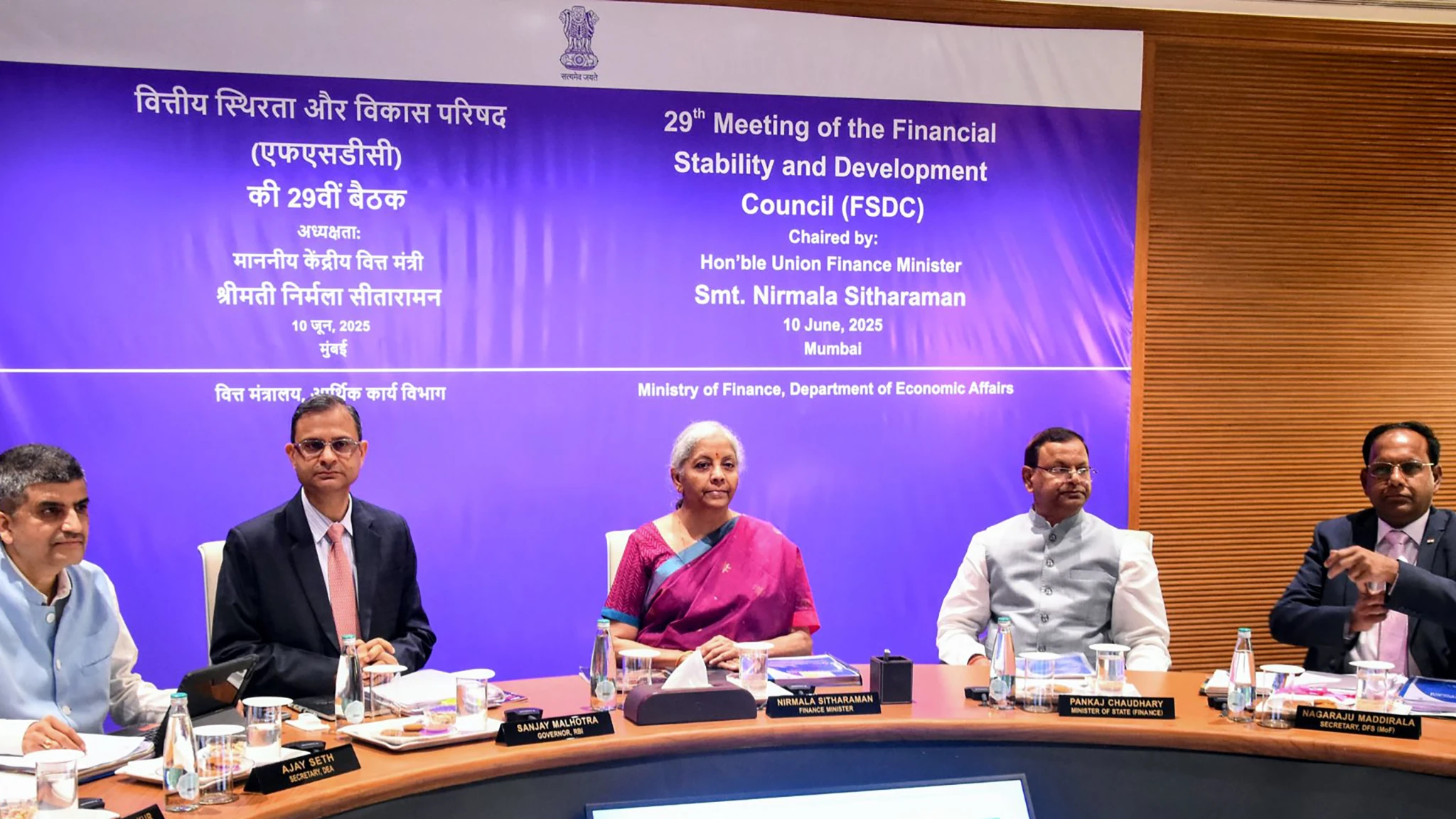He came, he saw, he destroyed. That seems to be the epitaph of Donald Trump’s early months as US President, judging by the markets’ brutal reaction to his reciprocal tariffs. The sense of déjà vu is uncanny; it feels like the pandemic has returned, not in health terms, but certainly in the economic isolation and disorder it has unleashed. The tariffs have effectively shattered the existing global order, pushing nations into a survival-of-the-fittest scenario.
Global Market Mayhem
Financial markets worldwide are in a state of panic. The sudden contraction of the addressable global market has investors running for cover. China’s retaliatory measures have only exacerbated the situation, leading to a widespread crash across equity, commodity, energy, and even cryptocurrency markets. Asian markets, the first to react, painted a grim picture with circuit breakers triggered in some and sharp declines across the board. Bear market territory is no longer a distant threat but the reality for many.
Structural Weapon of Tariffs
Manas Chakravarty’s analysis rings true: Trump’s tariffs are not mere trade skirmishes but a structural weapon designed to force a global economic realignment. The decades-old system, reliant on US consumer demand and the dollar’s dominance, is under attack. Vivek Kelkar’s observation of a deeper shift towards economic nationalism further underscores this point. Policymakers globally are now grappling with complex interdependencies, frantically searching for alternative strategies. This opacity is market’s worst nightmare, and the current sell-off is a visceral response.
India’s Balancing Act
This is a power play between the world’s two giants, each vying for market dominance. While some nations, like Israel, have swiftly aligned with the US, and others are directly confronting American trade policies, India finds itself in a delicate balancing act. The approach seems to be one of negotiation, aiming to reduce the trade deficit with the US – the core issue driving this crisis. India’s oil imports offer a strategic lever. Increasing purchases from the US while curtailing those from Russia or OPEC nations could help bridge the deficit. However, this could trigger further market distortions as Russia and other producers resort to dumping.
NBFCs Shift Gears
The ripple effects of this global uncertainty are being felt across sectors. Consider Piramal Capital’s recent strategic shift, pivoting from housing finance to an NBFC-ICC structure. While seemingly unrelated, such moves are indicative of a broader trend. In a volatile economic environment, businesses are re-evaluating their core strengths and seeking stability. Specialisation and diversification become key survival strategies in a world where future growth is uncertain. The regulatory approval for Piramal’s NBFC-ICC operations arrives at a crucial juncture, highlighting the need for financial institutions to adapt and explore new avenues beyond traditional sectors.
In these turbulent times, capital preservation is paramount. Investors are right to de-risk and move away from volatile markets. What next? Expect continued market flux until there are clear signs of de-escalation in the trade tensions or a significant policy response to calm investor nerves. The dust will take time to settle, and until then, caution is the operative word.










Leave a Reply